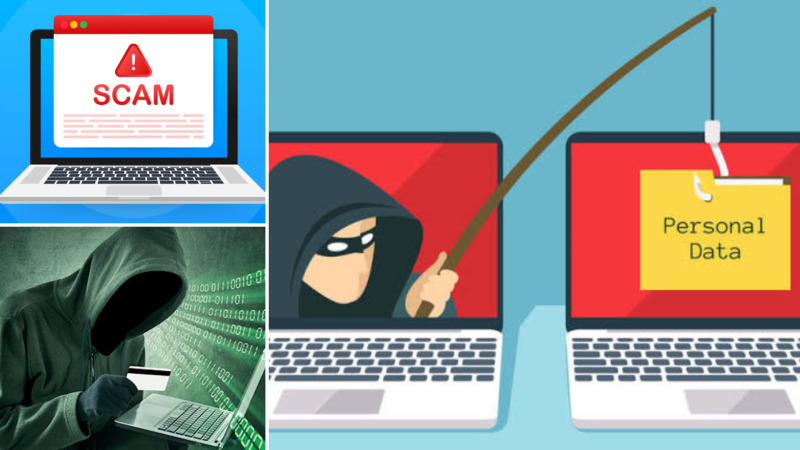How to Protect yourself from online scams

Scammers are getting increasingly sophisticated in their attempts to get your money or personal details. And people are falling victim to them, losing their hard-earned money, and risking their private life and personal details. Stay alert and protect yourself from being scammed by following these simple tips.
Know who you're dealing with: If you've only ever met someone online or are unsure of the legitimacy of a business, take some time to do a bit more research. Do a Google image search on photos or search the internet for others who may have dealt with them.
Do not open suspicious texts, pop-up windows or click on links or attachments in emails – delete them: If unsure, verify the identity of the contact through an independent source such as a phone book or online search.
Don't respond to phone calls about your computer asking for remote access: hang up – even if they mention a well-known company. Scammers will often ask you to turn on your computer to fix a problem or install a free upgrade, which is actually a virus which will give them your passwords and personal details.
Keep your mobile devices and computers secure: Always use password protection, don’t share access with others, update security software and back up content. Avoid using public computers or Wi-Fi hotspots to access online banking or provide personal information.
Choose your passwords carefully: Choose passwords that would be difficult for others to guess and update them regularly. Don’t use the same password for every account/profile, and don’t share your passwords with anyone.
Review your privacy and security settings on social media: If you use social networking sites, such as Facebook and Instagram, be careful who you connect with and learn how to use your privacy and security settings to ensure you stay safe.
Beware of any requests for your details or money: Never send money or give credit card details, online account details or copies of personal documents to anyone you don’t know or trust. Don't agree to transfer money or goods for someone else - money laundering is a criminal offence.
Be wary of unusual payment requests: Scammers will often ask you to use an unusual payment method, including preloaded debit cards, gift cards, iTunes cards or virtual currency such as Bitcoin.
Be careful when shopping online: Beware of offers that seem too good to be true, and always use an online shopping service that you know and trust. Think twice before using virtual currencies (like Bitcoin) - they do not have the same protections as other transaction methods, which means you can’t get your money back once you send it.
